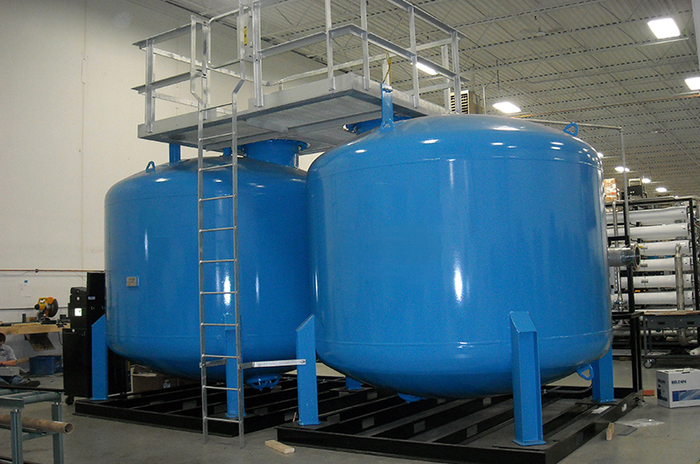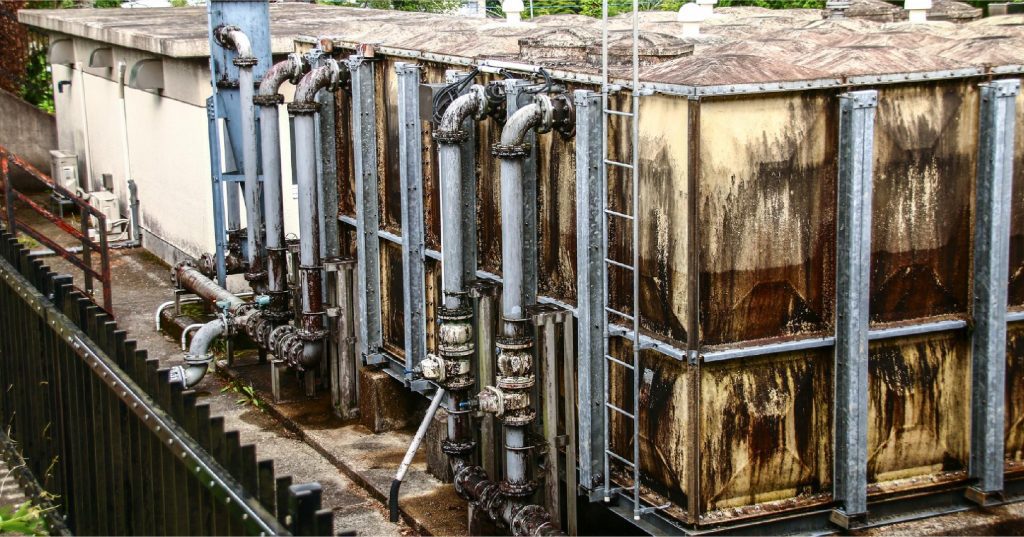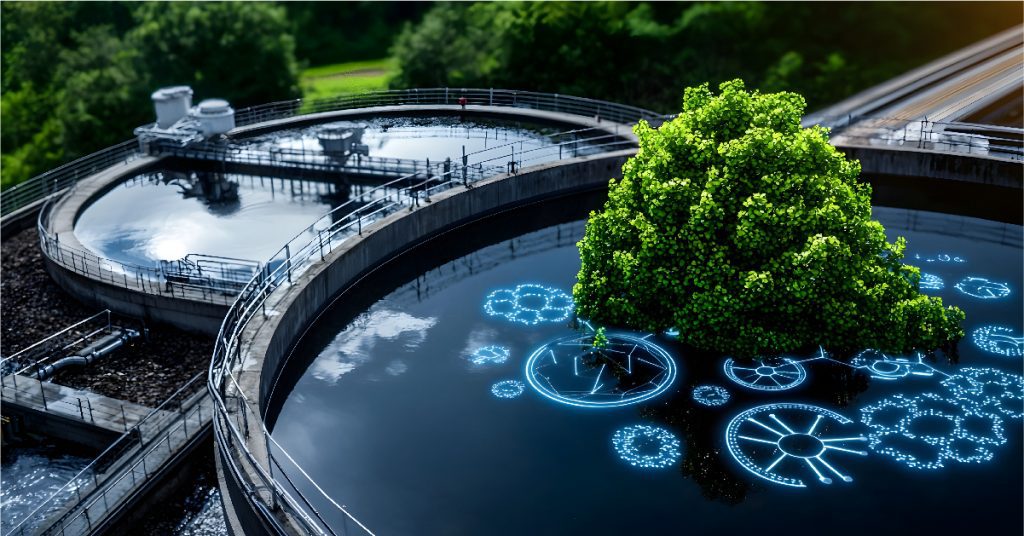Proper water treatment is vital for maintaining the efficiency and longevity of boilers in industrial and commercial settings. Water treatment chemicals for boilers play a crucial role in preventing corrosion, scale formation, and microbial growth.
In this blog, we will explore some common chemicals used in boiler water treatment and their significance in maintaining optimal boiler performance.
Common Chemicals Used In Boiler Water Treatment
1.Oxygen Scavengers
Oxygen corrosion poses a significant threat to boiler systems. Oxygen scavengers, such as sodium sulfite and hydrazine, are used to eliminate dissolved oxygen from the feedwater. By removing oxygen, these chemicals prevent the formation of rust and corrosion in the boiler system, extending its lifespan.
2.Scale Inhibitors
Mineral scale deposition on boiler surfaces can hinder heat transfer efficiency and cause equipment failure. Scale inhibitors, such as phosphates and polymers, are employed to prevent the formation of scale. These chemicals create a protective layer on the internal surfaces of the boiler, inhibiting the precipitation of minerals and ensuring optimal heat transfer.
3.pH Adjusters
Maintaining the appropriate pH level is crucial in boiler systems. Acidic or alkaline conditions can lead to corrosion or scale formation. pH adjusters, such as caustic soda or sulfuric acid, are used to control and maintain the desired pH range. By regulating pH levels, these chemicals help protect boiler components from damage and ensure efficient operation.
4.Antifoaming Agents
Foaming in boilers can cause carryover of impurities and disrupt normal operation. Antifoaming agents, like polydimethylsiloxane, are added to boiler water to minimize foam formation. These agents reduce the surface tension of the water, preventing foam buildup and ensuring smooth boiler performance.
5.Dispersants
Boiler water often contains suspended particles that can lead to fouling and sludge formation. Dispersants, such as polyphosphates and lignosulfonates, are used to break down and disperse these particles. By preventing the accumulation of solids, dispersants improve heat transfer efficiency and prevent blockages in the system.
6.Biocides
Microbial growth, including bacteria and algae, can pose a threat to boiler systems, causing fouling and corrosion. Biocides, such as chlorine or bromine-based compounds, are employed to control microbial activity. These chemicals help eliminate or inhibit the growth of harmful organisms, preserving the integrity of the boiler system.
Effective boiler water treatment is essential for maintaining the performance, efficiency, and longevity of boiler systems. The use of water treatment chemicals for boilers is a critical aspect of this process. Oxygen scavengers, scale inhibitors, pH adjusters, antifoaming agents, dispersants, and biocides all play crucial roles in preventing corrosion, scale formation, microbial growth, and other issues.
By harnessing the power of these chemicals, boiler operators can protect their systems from the villains of corrosion, scale, and microbial activity. So, be a hero for your boiler and unleash the power of water treatment chemicals to ensure peak performance and efficiency. Trust ION Exchange for all your water treatment needs and let us help you save the day for your boiler!





